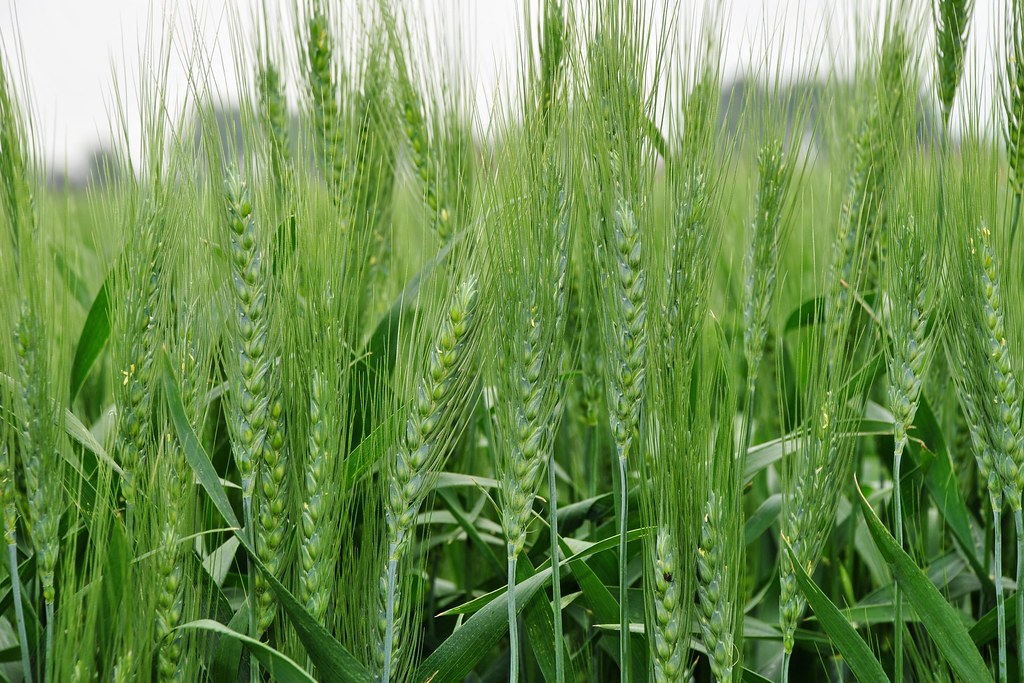
Malawi is heavily dependent on imported wheat, and the ongoing political conflict between Russia and Ukraine has disrupted food supply chains globally, leading to wheat shortages in the country. To address this issue, the International Maize and Wheat Improvement Centre (CIMMYT) is helping to scale up wheat production and productivity in Malawi.
Pyxus Trading, the largest agribusiness private company in Malawi, has partnered with CIMMYT to accelerate the growth of wheat production in the country. As part of the Accelerated Innovation Delivery Initiative (AID-I), a new project funded by the United States of Agency for International Development (USAID), CIMMYT has facilitated access to 100 improved wheat varieties that are currently undergoing trials in Malawi.
Commercial Manager John Gait emphasized the importance of achieving self-sufficiency in countries like Malawi. “It’s become very apparent with the global supply chain disruptions of wheat and related commodities that countries like Malawi should rise to a level of self-sufficiency for strategic commodities such as wheat,” he said.
Pyxus Trading aims to select the most suitable wheat varieties that are adapted to the country’s agro-ecology and provide satisfactory yields and grain quality sufficient for their processing ambitions. CIMMYT’s Sustainable Agrifood Systems (SAS) director, Sieg Snapp, expressed support for private sector companies like Pyxus, saying, “When they told me they were searching for high performing genetic materials, I told them about the Global Wheat Programme and how such material could easily be obtained from our headquarters in Mexico.”
Through this partnership, Malawi aims to reduce its reliance on imported wheat and increase food security by adopting improved wheat varieties that are well-suited to the country’s climate and soil conditions. By increasing wheat productivity, Malawi will be able to meet its demand for wheat, and farmers will be able to sell their surplus produce, which will boost their incomes and contribute to the country’s economic growth.


















